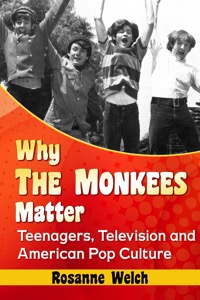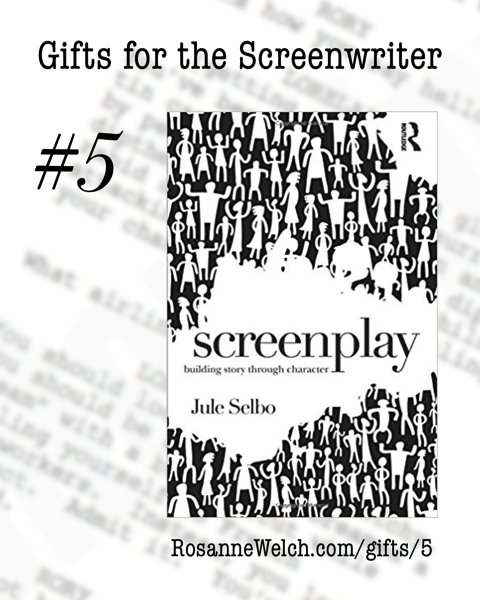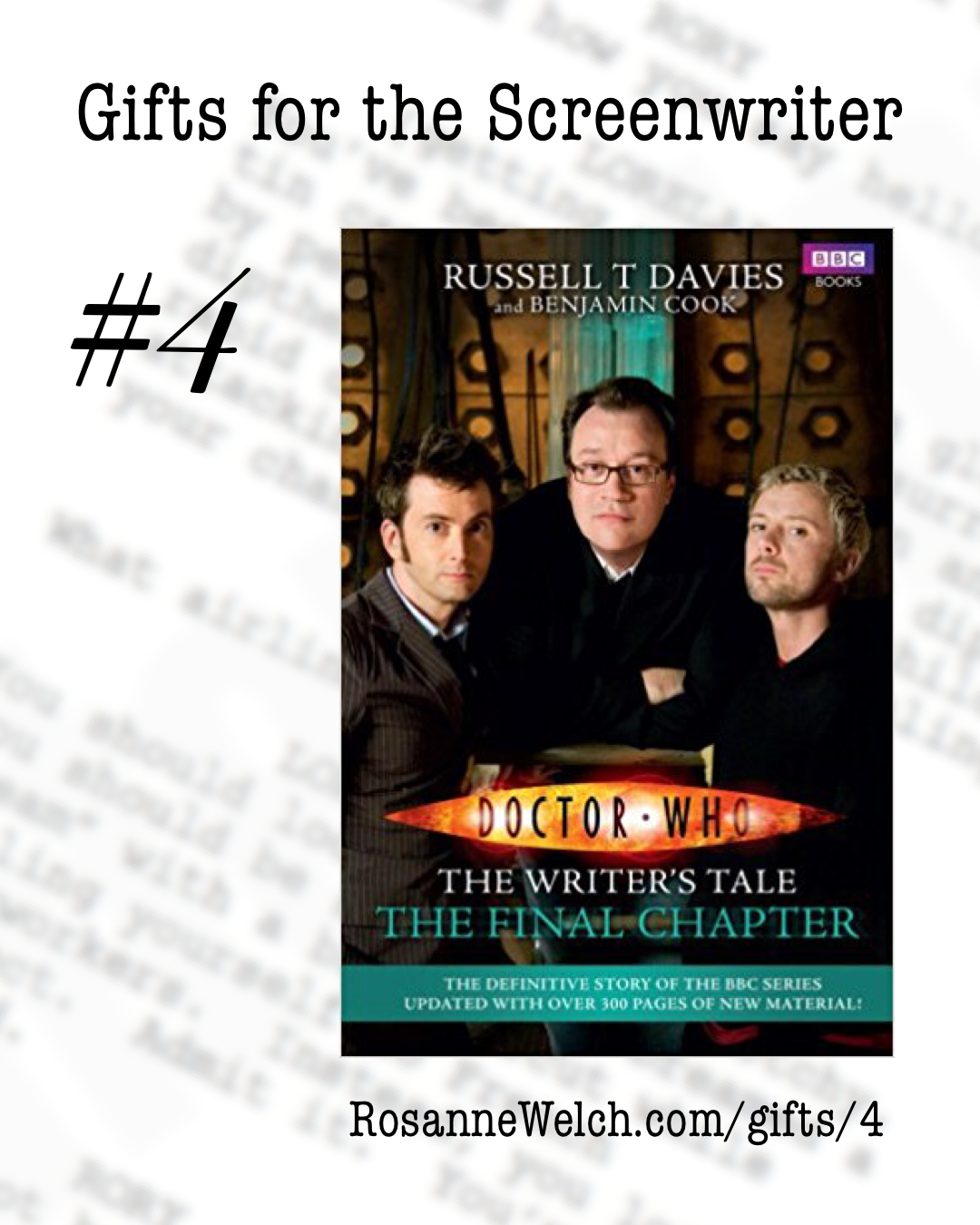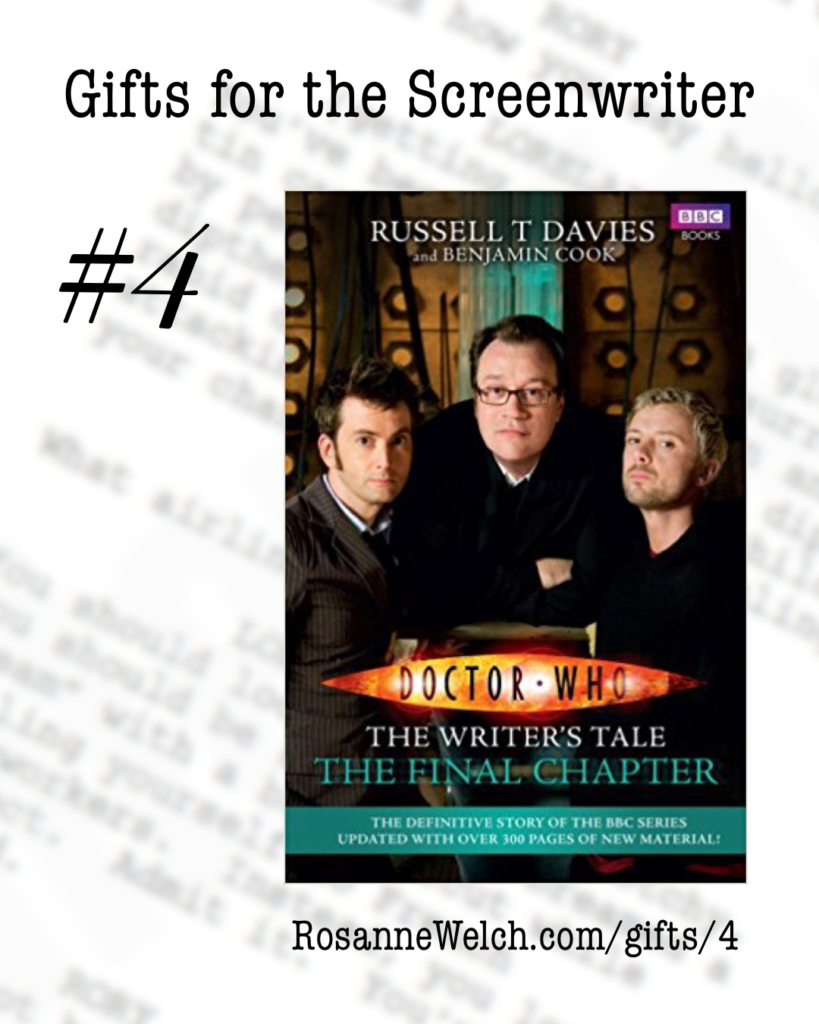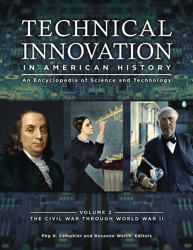Watch this entire presentation
A recording of my presentation at this year’s University Film and Video Association (UFVA) 2017 conference.
Transcript:
In Beauchamp’s book, you’ll see all these famous women. My great joy is that one of my students, who teaches directing, found Lois Weber in my class who wrote and directed her films back in the day and now incorporates her into the set of directors that he teaches as examples because she had that kind of career back in the day. Eve Unsell ran her own production company for Universal for 10 years. Made a ton of movies that are very very successful in the day. She also allows us to go into the place where we discuss the problems with films whether it is back them or today because she was involved in what, back then, were yellow race films which were anti-Asian-American films and so that’s something students should understand about. So, again that goes back to to the title of what we are talking about and I talk fast because I’m Sicilian. I also don’t want to eat up all the time.
Books Mentioned In This Presentation
- Without Lying Down
- Oscar Micheaux: The Great and Only: The Life of America’s First Black Filmmaker
- The Real Nick and Nora
- Doctor Who: The Writer’s Tale: The Final Chapter
- The Writers: A History of American Screenwriters and Their Guild
- Monster: Living Off the Big Screen
- “It’s the Pictures That Got Small”: Charles Brackett on Billy Wilder and Hollywood’s Golden Age
- Women Screenwriters: An International Guide
Follow Dr. Rosanne Welch
Twitter: https://twitter.com/rosannewelch
Instagram: https://www.instagram.com/drrosannewelch/
Podcast: Play in new window | Download
Subscribe: RSS
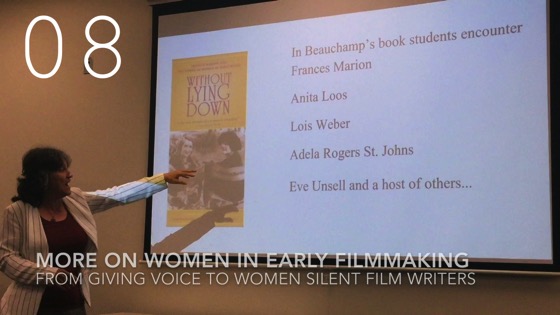










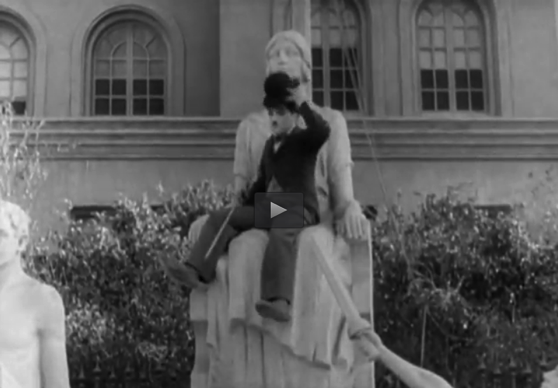

 †
†

![28: Coslough Johnson and The Monkees : “Why The Monkees Matter” Interview with Jean Power [Video] (0:52)](https://rosannewelch.com/wp-content/uploads/2017/11/rmw-power-28-coslough-johnson.jpeg)
